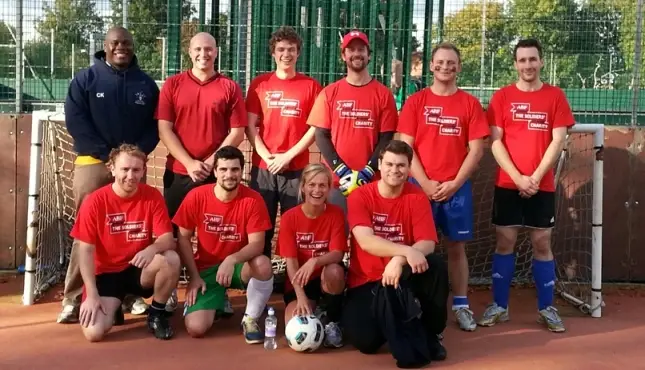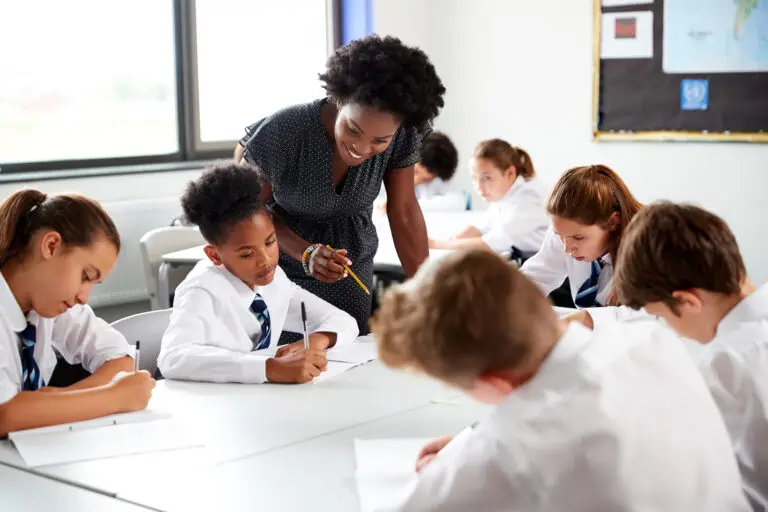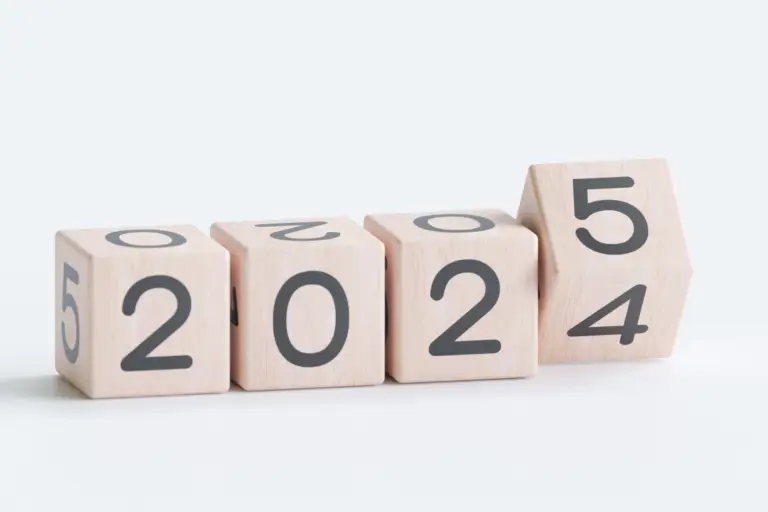“Our duty with these commemorations is clear. To honour those who served. To remember those who died. And to ensure that the lessons learnt live with us forever. And that is exactly what we will do.”
The Prime Minister is, of course, right.
We have a duty to remember. Commemorating an event is part of how a nation self-identifies – it is a clear statement of a nation’s values and ideals. Commemorating the First World War centenary on the grand scale outlined by the Prime Minister is important. It reminds all of us that much of what we enjoy today has been so hard fought for, often at the heaviest of costs.
We also have a duty to learn from the past. One of the more salient lessons to be learned from the conflicts is how we best treat those soldiers who have survived combat. Frequently, the ‘unknown’ soldier is not the one who dies in conflict, but rather the one who returns.
Coming from a family where my father and my uncle have both served in the armed forces, I jumped at the recent chance to represent ABF The Soldiers’ Charity, in a five-a-side tournament (my love of playing the beautiful game, of course having nothing to do with my decision…). In addition to enjoying a fantastic day of free-flowing total football, akin to that so wonderfully pioneered by the Dutch teams of the 1970s*, I was completely humbled to be surrounded by people whose job it is to make sure that this nation’s servicemen and women are cared for in the manner that they deserve.
ABF The Soldiers’ Charity – the national charity of the British Army since 1944, supports serving and retired soldiers and their families, working with veterans from every conflict since the Second World War, including veterans from recent conflicts in Iraq and Afghanistan. Whether a soldier has suffered life-changing physical or mental injuries, a former soldier is facing the daunting transition to a civilian career, or an elderly veteran can no longer fend for himself, The Soldiers Charity is on hand to provide support.
The Soldiers’ Charity provides grants to soldiers and their families and to other specialist organisations that help the wider Army family. Last year the Charity made grants to 4,815 soldiers, former soldiers and their families who found themselves in urgent need, at a total cost of £3,562,000. The charity is currently experiencing a 21.5% increase in the number of those turning to it for help, meaning that in the coming year it will help some 5,850 individuals directly, and a great many more indirectly. The funding for this support, by the way, does not come from Government, but from generous donors and the hard work of the charity’s fundraising team.
Whilst we are still fighting in Afghanistan, the media will ensure that service charities such as The Soldiers’ Charity, and the servicemen and women it helps, are supported and remembered by the giving public. However history teaches us that following the conclusion of a conflict, when British troops have returned home, veterans charities fall out of the public consciousness. Their income declines, and consequently so does the support that they are able to offer our servicemen and women. The strains that servicemen and women suffer last long beyond their return from conflict, and so loss of income for charities dedicated to supporting them can be devastating.
The Prime Minister was right, it is our duty to remember; both those who return from conflict as well as those who do not. So let’s ensure that we learn from the past and not allow amazing charities, such as The Soldiers’ Charity, to slip from our minds.
We can all be a part of The Army family and raise awareness of this great cause by checking out The Soldiers’ Charity’s new Facebook App
*The Soldiers Charity dominated the group stage of the five-a-side competition, comfortably finding the net to record 3-2, 3-0 and 4-2 victories. We sailed into the quarter finals after seeing off second round opponents with another convincing 4-2 victory before falling in the quarterfinals in a close fought 1-2 loss to NSPCC. The game was billed by the event organisers as an early final, with predictions being that the winner of the game would win the entire tournament. These early predictions were well-founded, as NSPCC eventually lifted the trophy.





